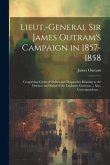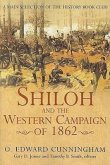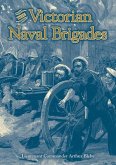This book marks the start of a new series of translated regimental histories, focusing on the campaigns of the 19th century. As a genre of military history, regimental accounts are valuable, for they frequently describe incidents and detail which escape the more general accounts of campaigns and battles. Austria and the German states, Prussia included, had a great tradition of producing detailed, valuable regimentals, and Helion & Company plan to offer translations of a number of these in the future. Infantry Regiment Graf Khevenhüller was an Austrian unit, recruited in the Pilsen area. Its regimental history was published in that town in 1901, and since then has become incredibly rare. May's book describes in detail the regiment's mobilisation, and participation in the battles of Münchengrätz, Jicin and Königgrätz. A brief description of the regiment's 4th and 5th battalion follows. Three detailed appendices cover the regiment's casualty lists, officer casualties and recipients of bravery awards. The text is supplemented by additional notes from the translator. May's book offers the interested reader an excellent opportunity to acquire a rare text illuminated by gems of detail. We learn, for example, that the vast majority of the regiment's casualties at the Battle of Münchengrätz were due to heat stroke, and that during the Battle of Jicin Corporal Süss was credited with shooting a mounted Prussian officer - an action for which he later received the Silver Bravery Medal II Class. Key Features >Sheds light on the performance of the Austrian army in 1866 Comprehensive appendices record battle casualties and medal recipients
Hinweis: Dieser Artikel kann nur an eine deutsche Lieferadresse ausgeliefert werden.
Hinweis: Dieser Artikel kann nur an eine deutsche Lieferadresse ausgeliefert werden.

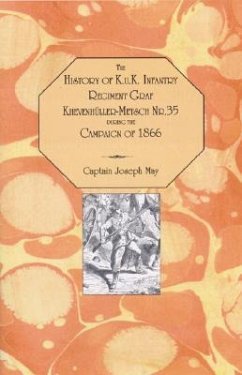
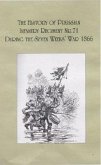
![Twelve Months in the British Legion, by an Officer of the Ninth Regiment [C.W. Thompson] Twelve Months in the British Legion, by an Officer of the Ninth Regiment [C.W. Thompson]](https://bilder.buecher.de/produkte/68/68927/68927246m.jpg)
